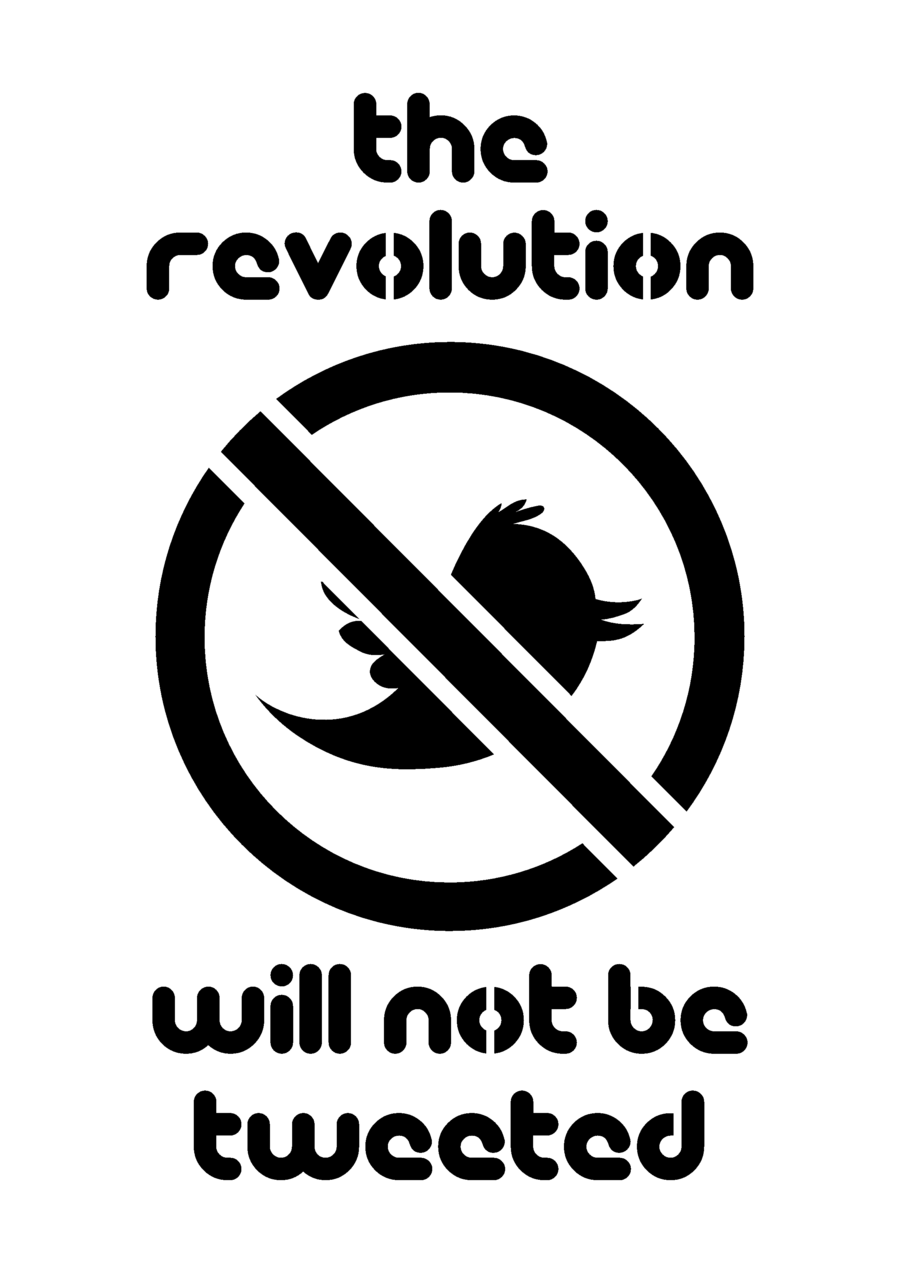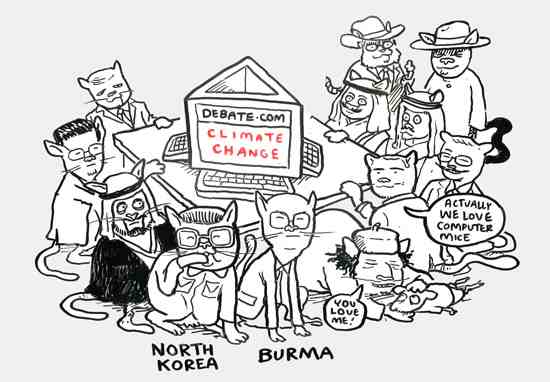What we read:
Evgeny Morozov, RSA Animate – ‘The Internet in Society: Empowering or Censoring Citizens?’ (found here: http://www.youtube.com/watch?v=Uk8x3V-sUgU)
Critical Art Ensemble, ‘Introduction’ in Digital Resistance, 2001 – (found here: http://www.critical-art.net/books/digital/)
William Saletan, ‘Is the Internet driving the revolutions of the Arab Spring?’, 2011 (found here: http://www.slate.com/articles/technology/future_tense/2011/07/springtime_for_twitter.html)
 Four of us gathered in The Mitre on the 1st March to discuss readings concerning the internet and activism. Our questions prior to the discussion included:
Four of us gathered in The Mitre on the 1st March to discuss readings concerning the internet and activism. Our questions prior to the discussion included:
How is the internet is shaping activism today, especially given recent events in the Middle East?
Is the internet useful for us and how can we as activists harness control over the internet, using it as a tool in the struggle for social change?
What forms of activism take place on the internet – which ones should we/do we engage in?
We started with a brief summary of Evgeny Morozov’s lecture, coming to the conclusion that it perhaps dwelt more on the idea that the internet in and of itself could effect social change – which we agreed with him, that it probably could not. His points about the negative effects of the internet are valid, and that it is unlikely to effect serious behavioural change. However, we felt that he didn’t do enough to recognise the role of the internet for activists, i.e. those who approach using it with a definite aim of communication (between each other, and also with a wider audience), or what Critical Art Ensemble call ‘Digital Resistance’.
 The former of these is evident in the role that the internet played in the Arab Spring – of course the internet did not create a revolution, but the actions of activists on it, and the tools it gave them facilitated wider mobilisation. This is something that we can learn – the internet has the potential of expressing to external power structures that public opinion is against them, and the force of this is not to be underestimated, particularly as it can help an issue ‘snowball’ – such as the example of the Keystone Pipeline petition, gathering hundreds of thousands of signatures in an hour.
The former of these is evident in the role that the internet played in the Arab Spring – of course the internet did not create a revolution, but the actions of activists on it, and the tools it gave them facilitated wider mobilisation. This is something that we can learn – the internet has the potential of expressing to external power structures that public opinion is against them, and the force of this is not to be underestimated, particularly as it can help an issue ‘snowball’ – such as the example of the Keystone Pipeline petition, gathering hundreds of thousands of signatures in an hour.
The latter point was hard to discuss, given none of us had direct experience of what we’ll call ‘hacktivism’. There is some concern over the preponderance of conspiracy theories amongst those who are most politically active online – many of which are harmless, but in the case of things like climate change, could have a negative impact on the wider political struggle if they were to spread.
If the primary way that we, as ‘non-techie’ activists in Britain, are to use the internet is as a tool of mass communication with a wider audience, and a tool of internal communication for our own organisation, then we must face up to issues of cyber security. At this point in time it is important that we act not only to secure our own routes of communication and mobilisation, but also to raise the public consciousness about the dangerous nature of corporate control of the internet and its potential for censoring our access to information and communication.
The internet develops fast, to ignore its potential to help activism (and the potential to damage/isolate activism), would be stupid. Some key points (with links) to summarise our discussion:
- As a tool to win hearts and minds, it may not meet our requirements, so much of politically engaged action relies upon an individual’s perception that they need to act. But to approach it as activists, with the express desire to use it as a tool for communication and information gathering it has incredible potential.
- Though less effective as a tool for mobilisation, there are many people out there for whom the internet is their only tool for action – and so it’s benefits as an outreach mechanism to the so far non-active, potential activists should also not be underestimated. How to reach them would be another question.
- The internet can result in paralysis of action, sucking people in to the point of inactivity. It can be good to spend time in and out of the internet – this way using it as a tool, and absorbing received information.
- Security is already an issue of great importance, and will become ever more so. To protect ourselves and others, we need to secure our own usage, and raise awareness about security as an issue.
